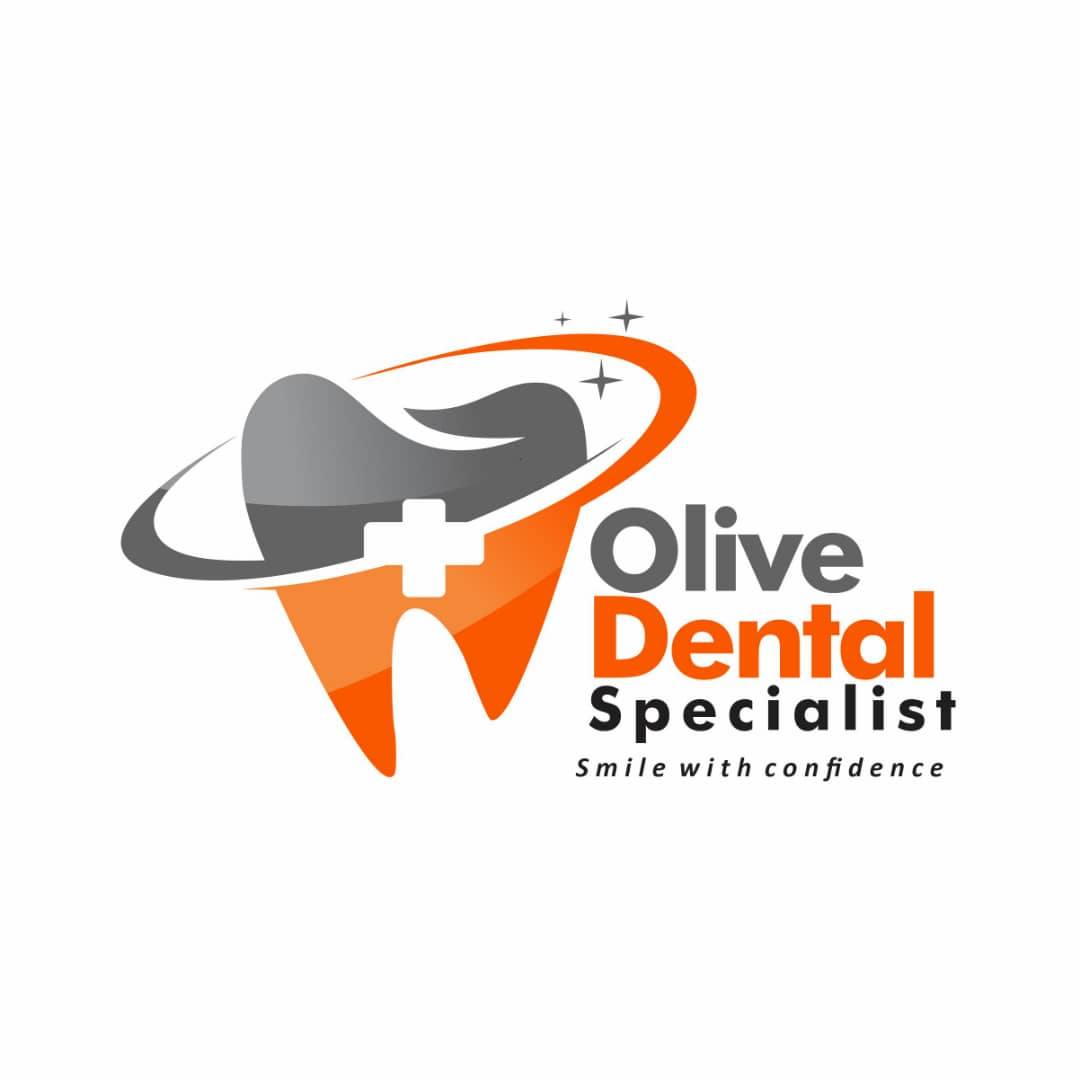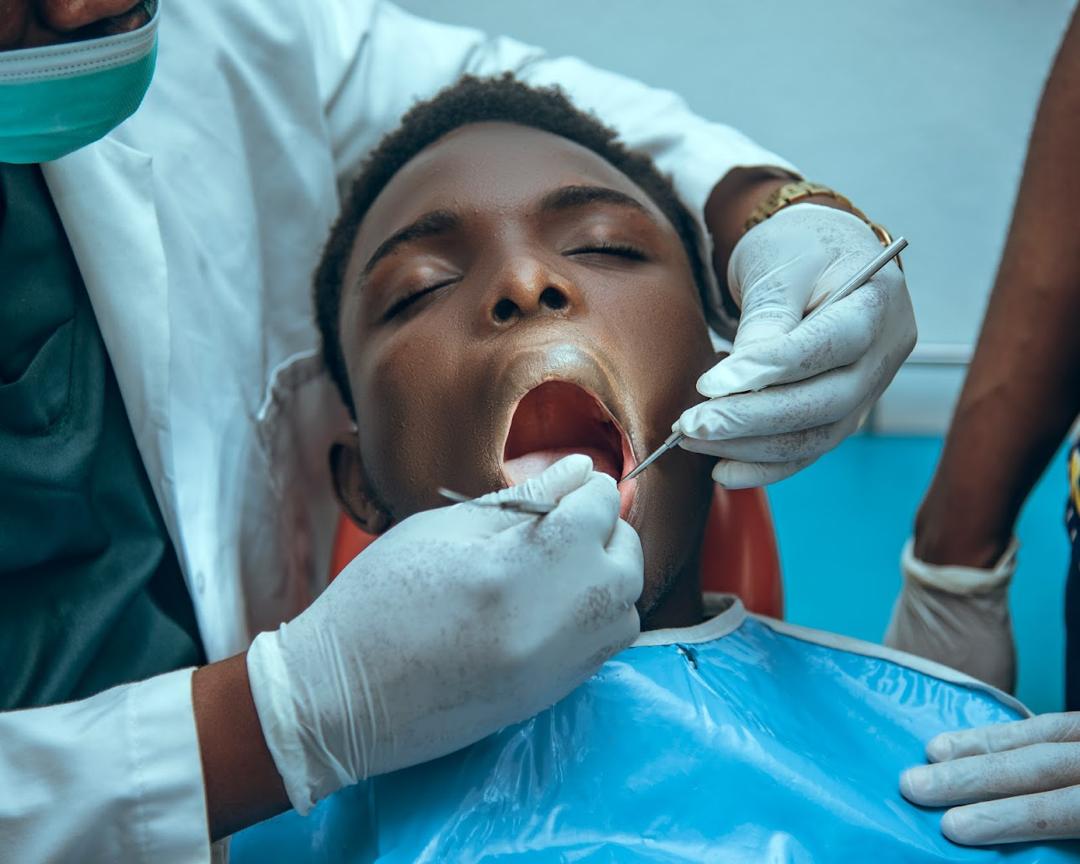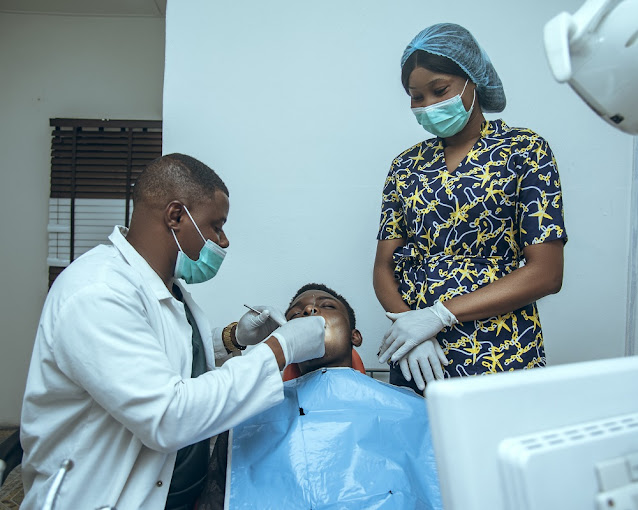Pregnancy is an extraordinary time filled with anticipation, transformation, and care. While expecting mothers often focus on prenatal vitamins, frequent check-ups, and nutrition, there’s one critical area that deserves just as much attention—oral health.
Many do not realize that the hormonal shifts during pregnancy don’t just impact the body’s reproductive system; they also significantly affect the mouth. From swollen gums and cavities to the risk of infection, poor dental hygiene during pregnancy can have consequences that go beyond discomfort—it can impact the health of both the mother and the baby.
At Olive Dental Clinic Port Harcourt, we are dedicated to providing comprehensive dental solutions that enhance both oral health and confidence, especially during such an important period in a woman’s life. Let’s take a deep dive into why dental hygiene is a non-negotiable part of prenatal care.
Hormonal Changes and Oral Health: The Underlying Connection
During pregnancy, the body experiences increased levels of progesterone and estrogen, which can affect how the body responds to plaque. This hormonal surge can cause gums to react more aggressively to plaque buildup, resulting in inflammation, bleeding, and discomfort.
Additionally, morning sickness and nausea may make brushing and flossing difficult, while cravings and increased snacking introduce more sugar and acid to the teeth—creating a perfect storm for dental problems.
Common Dental Complications During Pregnancy
1. Periodontal Disease (Gum Disease)
One of the most common oral health issues during pregnancy is pregnancy gingivitis, affecting up to 60–75% of expecting mothers. This early form of gum disease causes swelling, redness, and bleeding of the gums. When left untreated, gingivitis can evolve into periodontal disease, a more severe infection that affects the bone and tissues holding the teeth.
In advanced cases, bacteria from periodontal disease can enter the bloodstream, leading to a serious condition known as bacteremia. This has been linked to pregnancy complications such as preterm birth and low birth weight.
What to Do:
- Schedule a dental check-up early in pregnancy.
- Practice daily brushing and flossing to remove plaque.
- Rinse with a dentist-approved antimicrobial mouthwash.
2. Cavities and Tooth Decay
Hormonal changes and altered eating habits increase the risk of cavities during pregnancy. If untreated, the bacteria that cause cavities can be passed from mother to baby, increasing the child’s risk of early tooth decay.
A 2006 study published in the Journal of the American Dental Association revealed that children born to mothers with high levels of untreated cavities are three times more likely to develop cavities themselves.
What to Do:
- Limit sugary snacks and drinks.
- Use fluoride toothpaste to strengthen enamel.
- See your dentist regularly for cleanings and cavity checks.
3. Loose Teeth
Pregnancy hormones don’t just affect the gums—they also impact the ligaments and bones that support your teeth. This may result in a sensation of tooth mobility, even without gum disease.
While this looseness is usually temporary and resolves after childbirth, it can feel unsettling and should be evaluated by a dental professional.
What to Do:
- Don’t ignore the sensation—schedule a visit for reassurance.
- Maintain your oral care routine to minimize risks.
4. Pregnancy Tumors (Pyogenic Granulomas)
Roughly 5% to 10% of pregnant women develop pregnancy tumors—non-cancerous growths that appear on the gums, typically during the second trimester. These growths are often linked to excess plaque and hormonal fluctuations.
They may bleed easily and cause discomfort when eating or speaking, but they usually resolve on their own after delivery.
What to Do:
- Focus on consistent brushing and flossing to reduce plaque buildup.
- If the tumor causes significant discomfort, your dentist may recommend removing it—but this is typically done after pregnancy to avoid recurrence.
Warning Signs: When to Seek Dental Help During Pregnancy
Early detection of oral issues can prevent complications. Pay close attention to these symptoms:
- Swollen, red, or bleeding gums
- Receding gum line
- Persistent bad breath
- Mouth sores or tumors
- Tooth sensitivity or pain
- Wiggly or loose teeth
- Holes or pits in teeth
If you notice any of these signs, contact your dentist immediately. At Olive Dental Clinic Port Harcourt, we are well-equipped to handle dental concerns during pregnancy with the utmost safety and care.
Safe Oral Care Practices During Pregnancy
Expectant mothers often wonder: “Is it safe to go to the dentist while pregnant?” The answer is a resounding yes. In fact, regular dental checkups are recommended throughout pregnancy. Preventive care, cleanings, and even emergency treatments are considered safe—especially during the second trimester.
Here are some essential oral hygiene practices to follow:
- Brush twice daily with fluoride toothpaste
- Floss once daily to remove plaque between teeth
- Limit sugary foods and acidic snacks
- Rinse with water or a mild antimicrobial rinse after vomiting
- Eat a balanced diet, rich in calcium and vitamin D
- Visit your dentist every 3 to 6 months
Worried about dental X-rays or anesthesia? Don’t be. Dental X-rays can be safely performed during pregnancy with appropriate shielding, and local anesthesia used in dental procedures is generally safe for both mother and baby.
Long-Term Benefits of Maintaining Oral Health During Pregnancy
Proper oral care during pregnancy doesn’t just protect you—it helps safeguard your baby’s future oral health as well. Newborns are not born with cavity-causing bacteria. They typically acquire them from parents through shared spoons, pacifiers, or kisses.
By keeping your mouth healthy and reducing bacterial load, you’re minimizing the risk of transferring harmful bacteria to your baby.
Moreover, maintaining good oral health boosts your confidence, helping you feel and look your best during a time when self-care is especially important.
Conclusion
Dental hygiene during pregnancy is more than just routine care—it’s a crucial part of safeguarding the health of both mother and child. From preventing gum disease and tooth decay to minimizing bacteria that can affect your baby, your oral care choices during pregnancy make a lasting impact.
At Olive Dental Clinic Port Harcourt, we are committed to providing comprehensive dental solutions that enhance both oral health and confidence. Whether you’re trying to conceive, expecting, or in your postpartum period, our expert team is here to walk with you every step of the way.
Book an appointment today and let us help you protect what matters most—your health, your smile, and your baby’s future.



